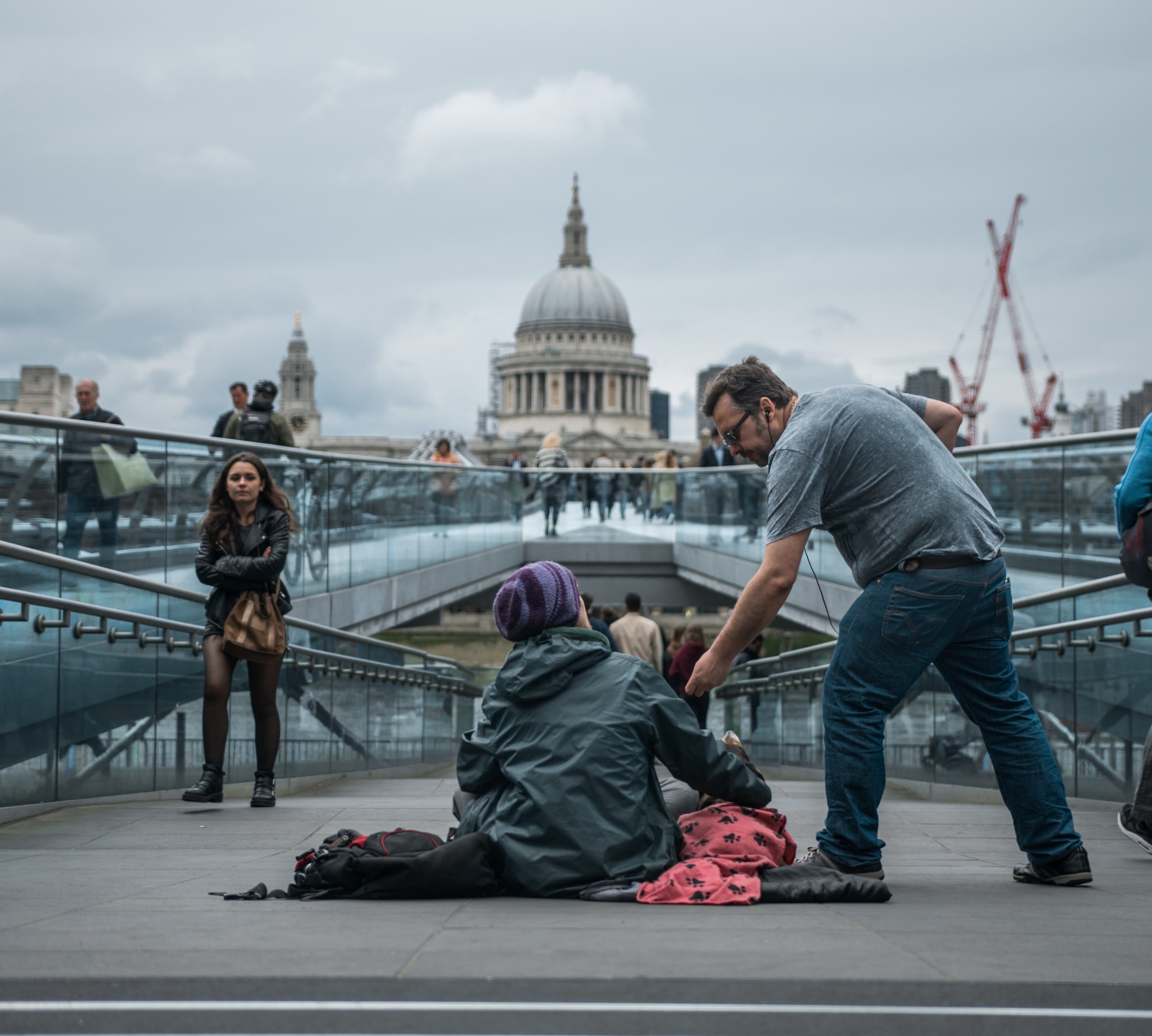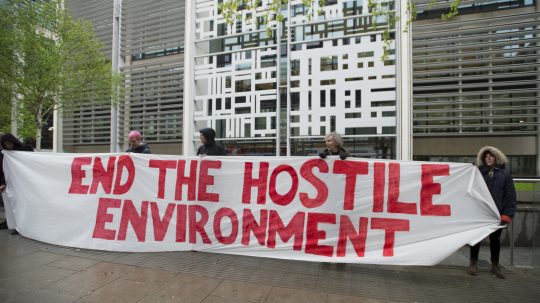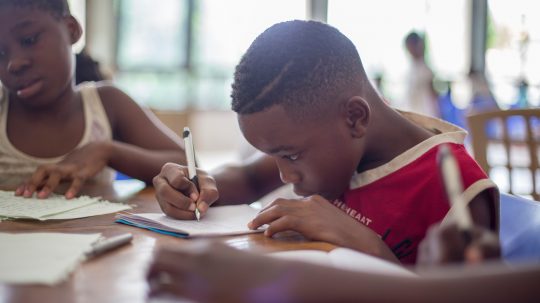An eight-year-old British boy and his migrant mum were unlawfully made street homeless by a Home Office policy which denied them social security payments, a court has ruled.
The decision by High Court judges is expected to offer a lifeline to other people unable to work amid the coronavirus pandemic, who are blocked from receiving essential state support.
The boy, known only as W, and his mum had been barred from accessing benefits under the Home Office’s no recourse to public funds policy (NRPF).
NRPF was introduced by Theresa May in 2012 as part of her so-called hostile environment, a set of policies intended to make life as difficult as possible for undocumented migrants in Britain.
People with NRPF have no entitlement to the majority of welfare payments due to their immigration status.
Thousands of under-18s in the UK are “facing deep, long-term poverty” as a consequence, according to a report published by the Children’s Society this month.
This immigration rule meant that W’s mother was barred from receiving child and housing benefits, among other forms of state support that other low-earning parents rely on for survival.
The court heard that W was forced to move school five times and became street homeless after his mum was plunged into debt.
Lawyers on behalf of the boy argued that the NRPF policy puts families like his at increased risk of destitution and illness by forcing people into overcrowded housing.
High Court judges on Thursday (8 May) said that the relevant immigration rules, and current instructions to Home Office case workers, do not adequately take into consideration the Home Secretary’s duties under Article 3 of the Convention on Human Rights.
Article 3 protects people from torture and inhuman and degrading treatment or punishment.
Lord Justice Bean and Justice Chamberlain said that the Home Office will need to amend “aspects of the regime” to make clear to case workers they must not impose NRPF conditions on people who are destitute or will imminently become destitute without state support.
But they added their decision will not affect the Home Office’s ability to continue imposing an NRPF condition “in the normal run of cases,” where migrants are given the legal right to live and work in the UK.
A detailed judgement is due to be published, which will outline steps the Home Office needs to take to comply with judge’s ruling.
Even before the pandemic, this policy was trapping working families in the most abject poverty, forcing them into debt and unsafe insecure housing.
Caz Hattam, The Unity Project
The case was brought by lawyers at firm Deighton Pierce Glynn (DPG) and supported by charity The Unity Project, which was set up three years ago to support families made destitute due to NRPF.
Caz Hattam, the project’s coordinator, said: “Even before the pandemic, this policy was trapping working families in the most abject poverty, forcing them into debt and unsafe insecure housing.
“Since the Covid-19 outbreak, their situations have become even more dire and desperate.
“We provided a wealth of evidence of how children’s lives are being blighted by this policy, and we welcome the judges’ recognition that their families must be given access to the welfare safety net to prevent them falling into destitution.”
DPG’s Adam Hundt added: “We and many others have been telling the Home Office for years that this policy is causing immeasurable, irreversible damage to so many people, but particularly children like our client.
“The Home Office refused to listen and ignored all the evidence they were shown, so it has now been left to the courts to confront the truth, which is that the policy breaches human rights law.”
Project 17, a charity working to end destitution among migrant children, welcomed the ruling but fears it “doesn’t go far enough”.
“We’re concerned that the NRPF regime will still largely remain. Now, more than ever, we need to be calling for its abolition for all!” the group tweeted.
The Home Office has been contacted for comment.







